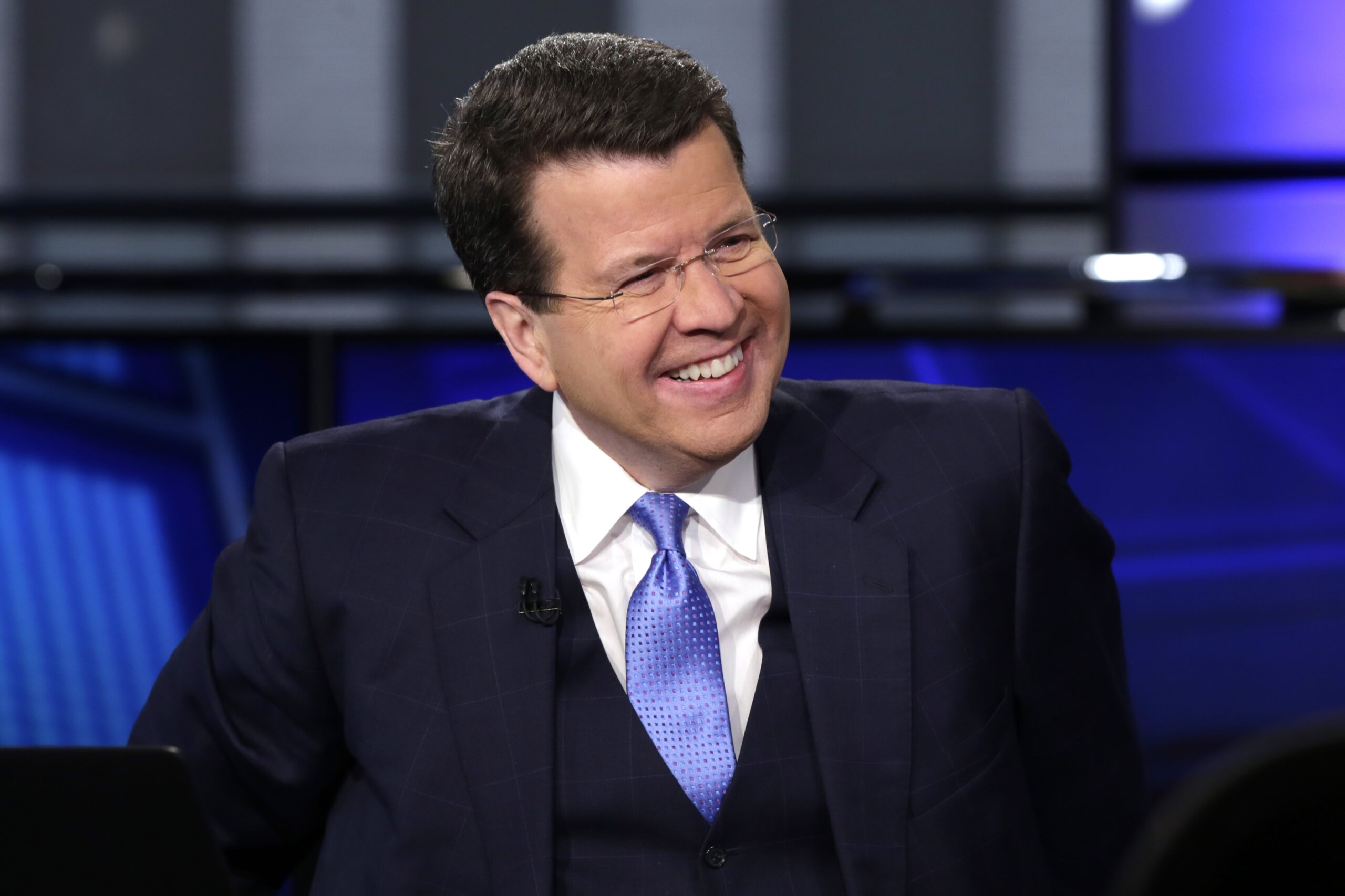Q: On the day before Thanksgiving, the U.S. General Services Administration (GSA) announced that it was awarding the online booking contract for civilian federal agencies to IBM. So that company will be the successor to CWT Sato Travel and Concur, which have had GSA contracts for the past dozen years. Is this good news for travel agencies, or will IBM monopolize the whole thing? Also, is this one of the executive decisions that Trump will reverse on Day 1?
A: It is huge news for travel agencies that handle corporate travel, even those that don’t necessarily consider themselves TMCs. Each of the approximately 120 civilian federal agencies will now need to decide whether to keep using its existing travel agency or choose a new one. There will be lots of new opportunities.
The structure of federal travel contracting is somewhat complicated, and it is different from anything in the private sector. The GSA, which is the business-contracting arm of the civilian side of the federal government, chooses one company to provide the online booking engine and expense-integration system for the civilian (i.e., non-Defense Department) federal agencies. Since not all government employees want to use online booking and since even online bookings have to be quality-checked, travel agencies also come into the picture.
Under Concur and CWT Sato Travel, the online booking contractor usually chose the travel agencies that would handle this work. Alternatively, each government agency could pick the travel agency that it wanted to use, but such selections were not the norm.
Under the IBM contract, the online booking contractor (i.e., IBM) will no longer choose travel agencies. Rather, they will be chosen by each government agency, which means that there will be a lot of new contracts awarded to a lot of travel agencies that may be new to government travel.
The catch is that, to be eligible, you may have to be on a list of GSA-approved travel agencies. To get on the list, you must respond to an open-ended “request for information” showing your relevant corporate experience and meeting other criteria.
You can find the current list of approved agencies by going to www.gsaelibrary.gsa.gov and clicking on the “travel” category guide. It is remarkable that there are only 21 agencies on the list, but I am certain that the number will grow once the IBM contract is implemented.
Most or possibly all new awards will be made to agencies classified as small businesses, with some favoritism for those owned by women and minorities. The size standard for travel agencies is $25 million in “receipts,” which means revenue or commissions and fees, not sales.
Civilian government travel business is profitable for those travel agencies that have been specializing in it. So I would encourage every corporate-oriented travel agency to consider getting on the GSA list and then marketing its services to federal government agencies.
There is no chance that President Trump is going to void the contract award to IBM, as it saves money and personnel, so don’t let that merely hypothetical risk stand in your way.










